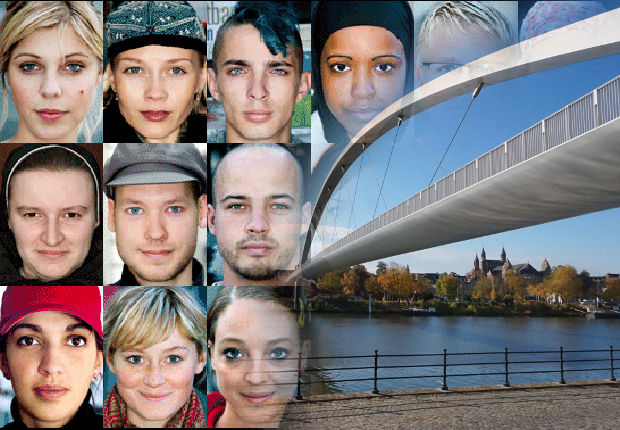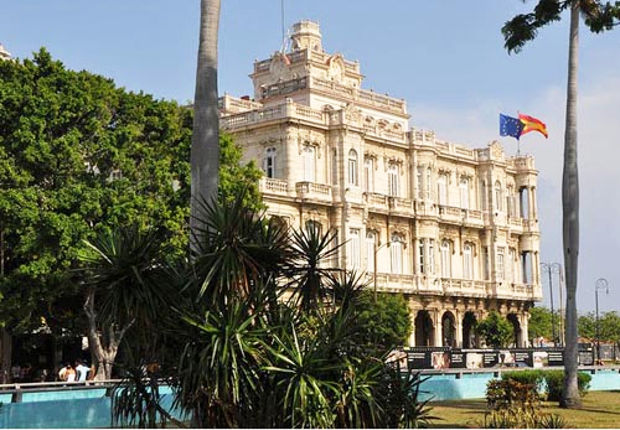Citizenship of the Union is hereby established. Every person holding the nationality of a Member State shall be a citizen of the Union. Citizenship of the Union shall be additional to and not replace national citizenship.
This declaration comes from the Treaty of Maastricht. It’s not intended to take away your national citizenship but rather to add to it. In other words EU citizenship enhances your life in ways that no national government can.
As a citizen of the Union you have rights and duties. This page summarises your rights and explains what they mean.


- the right to move and live freely in any Member State
You don’t need visas, work permits, residence permits, to worry about whether your driving licence is valid or whether you can get adequate healthcare when needed – you can go anywhere you like in the EU and live there for as long as you like. You can even retire there if you want to! However, always remember that you having the right doesn’t necessarily mean that a country that has recently joined the EU will be totally geared up to implement it. Change doesn’t happen overnight. So be patient and make sure you’re aware of specific local requirements.
- the right to vote and to stand as candidates in elections to the European Parliament and in the Member State where you live, just as if you were a national of that State
If you decide to go and live in another country you have the right to participate in that country’s democratic processes just as if you were a native of that country. For example, a person from the Czech Republic can go to live in Germany and be able to vote in German elections and stand as an electoral candidate on the same basis as anyone else in Germany.
- the right to petition the European Parliament, to apply to the European Ombudsman, and to address the institutions and advisory bodies of the Union in any of the Treaty languages and to obtain a reply in the same language
The right to petition in any of the EU’s Treaty languages is of course something that you hope you’ll never need – but when you do need it, you’ll be glad you’ve got it! It means that if your local authorities – wherever you live – mess things up, you can refer the matter to the EU Ombudsman without having to employ a translator!
Finally, if you travel outside the EU there’s another very important right of which you may not be aware. Hopefully you’ll never need it – but at least one member of our team has been in a situation where it was very necessary. Have you ever thought about what might happen if you get into trouble in a non-EU country where your own country doesn’t have an Embassy or a Consulate?
- In such a situation, if any of the Member States has an Embassy or a Consulate in that particular country, as an EU citizen you have the right to the protection of the diplomatic and consular authorities of any Member State on the same conditions as the nationals of that State.
That’s why the Spanish Embassy in Cuba, shown here, is flying the EU flag. It serves as an embassy for any EU citizen.

